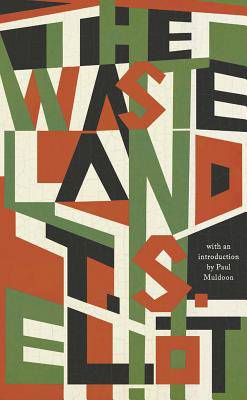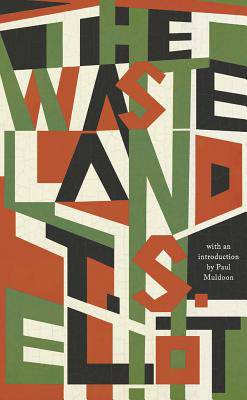
- Retrait gratuit dans votre magasin Club
- 7.000.000 titres dans notre catalogue
- Payer en toute sécurité
- Toujours un magasin près de chez vous
- Retrait gratuit dans votre magasin Club
- 7.000.0000 titres dans notre catalogue
- Payer en toute sécurité
- Toujours un magasin près de chez vous
Description
As Muldoon writes, "It's almost impossible to think of a world in which The Waste Land did not exist. So profound has its influence been not only on twentieth-century poetry but on how we've come to view the century as a whole, the poem itself risks being taken for granted." Famously elliptical, wildly allusive, at once transcendent and bleak, The Waste Land defined modernity after the First World War, forever transforming our understanding of ourselves, the broken world we live in, and the literature that was meant to make sense of it. In a voice that is arch, ironic, almost ebullient, and yet world-weary and tragic, T. S. Eliot mixes and remixes, drawing on a cast of ghosts to create a new literature for a new world. In the words of Edmund Wilson, "Eliot...is one of our only authentic poets...[The Waste Land is] one triumph after another."
Spécifications
Parties prenantes
- Auteur(s) :
- Editeur:
Contenu
- Nombre de pages :
- 96
- Langue:
- Anglais
- Collection :
Caractéristiques
- EAN:
- 9780871407177
- Date de parution :
- 16-09-13
- Format:
- Livre relié
- Format numérique:
- Ongenaaid / garenloos gebonden
- Dimensions :
- 117 mm x 185 mm
- Poids :
- 136 g

Les avis
Nous publions uniquement les avis qui respectent les conditions requises. Consultez nos conditions pour les avis.






